Canada may be known for its friendly people and welcoming nature, but that doesn’t mean visitors get a free pass when it comes to the rules. Many tourists find themselves unintentionally breaking Canadian laws, often without realizing they’re doing anything wrong. From overlooked alcohol restrictions to quirky provincial rules, some of these laws catch even seasoned travelers by surprise. Here are 14 Canadian laws tourists break without even realizing:
Jaywalking in Major Cities

In many Canadian cities, jaywalking isn’t just frowned upon, but it is also illegal. Tourists crossing mid-block or against a red light in places like Toronto or Vancouver risk fines that can range from $50 to over $100. While locals sometimes take their chances, enforcement is stricter near busy intersections and during events. Visitors used to casual street-crossing at home often forget that Canadian cities take pedestrian laws seriously. It may feel harmless, but officials argue it’s about keeping traffic flowing safely. For tourists, a quick shortcut across the street could easily turn into an unexpected ticket.
Drinking Alcohol in Public Spaces
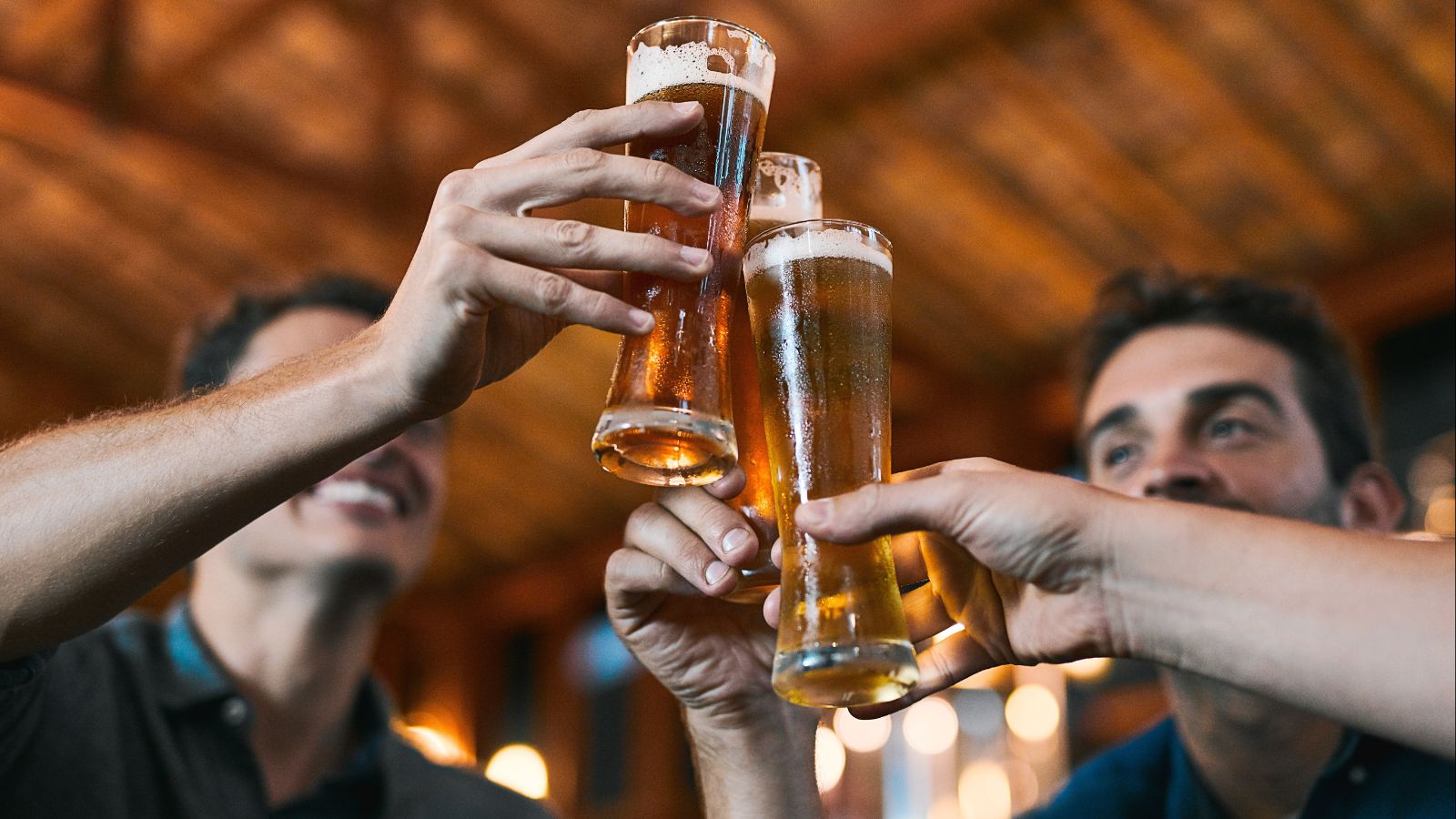
Many tourists assume sipping a beer in the park or walking with a glass of wine is fine, but in Canada, it’s usually against the law. Most provinces only allow alcohol in licensed establishments or private property, and open-container rules are enforced with fines. Some cities, like Vancouver and Calgary, have recently piloted designated drinking zones, but these are exceptions. Tourists often get caught out in enjoying a casual drink outdoors, especially during festivals or summer picnics. Without knowing the local rules, a harmless toast can quickly become an expensive mistake.
Smoking in the Wrong Places

While Canada legalized cannabis, strict rules still apply about where it can be smoked. Lighting up near schools, playgrounds, or public buildings is prohibited, and fines can be steep. The same goes for tobacco, with smoke-free zones extending well beyond building entrances in many provinces. Tourists often assume legalization means freedom, but regulations vary widely from province to province. Someone casually smoking on a hotel balcony or near a bus stop could easily be breaking the law without realizing it.
Exceeding Fishing and Hunting Limits
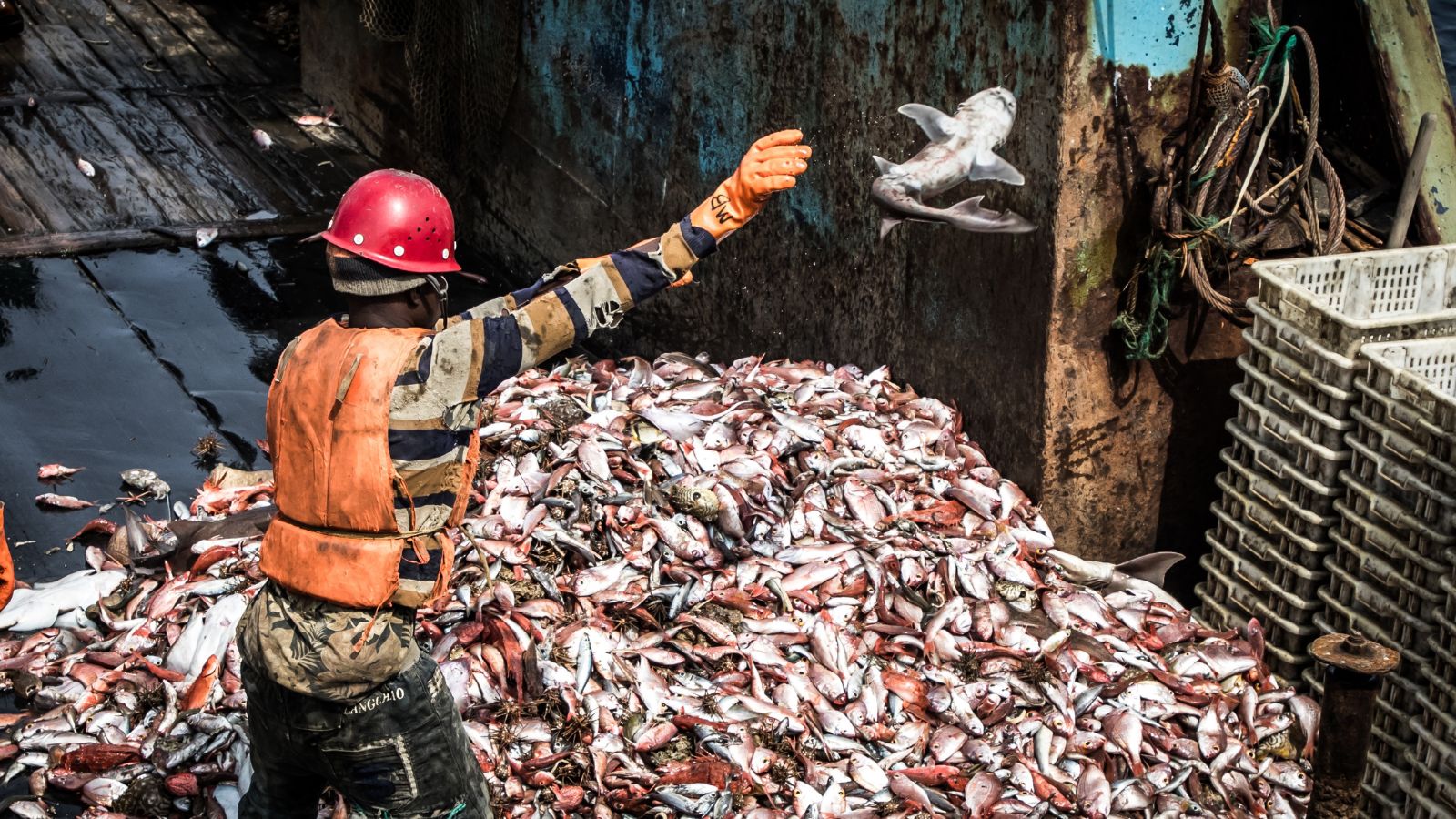
Canada’s natural beauty draws tourists eager to fish and hunt, but strict quotas and permit rules apply. Catching more than the daily fish limit or hunting without the correct license can lead to heavy fines and even the confiscation of equipment. Some visitors assume that recreational fishing or small-game hunting is relaxed, but wildlife officers patrol regularly. Provincial regulations vary, and tourists often don’t realize they need both national park permits and provincial licenses in some areas. What starts as a peaceful outdoor adventure can quickly turn into a costly violation if rules aren’t followed.
Driving Without Winter Tires
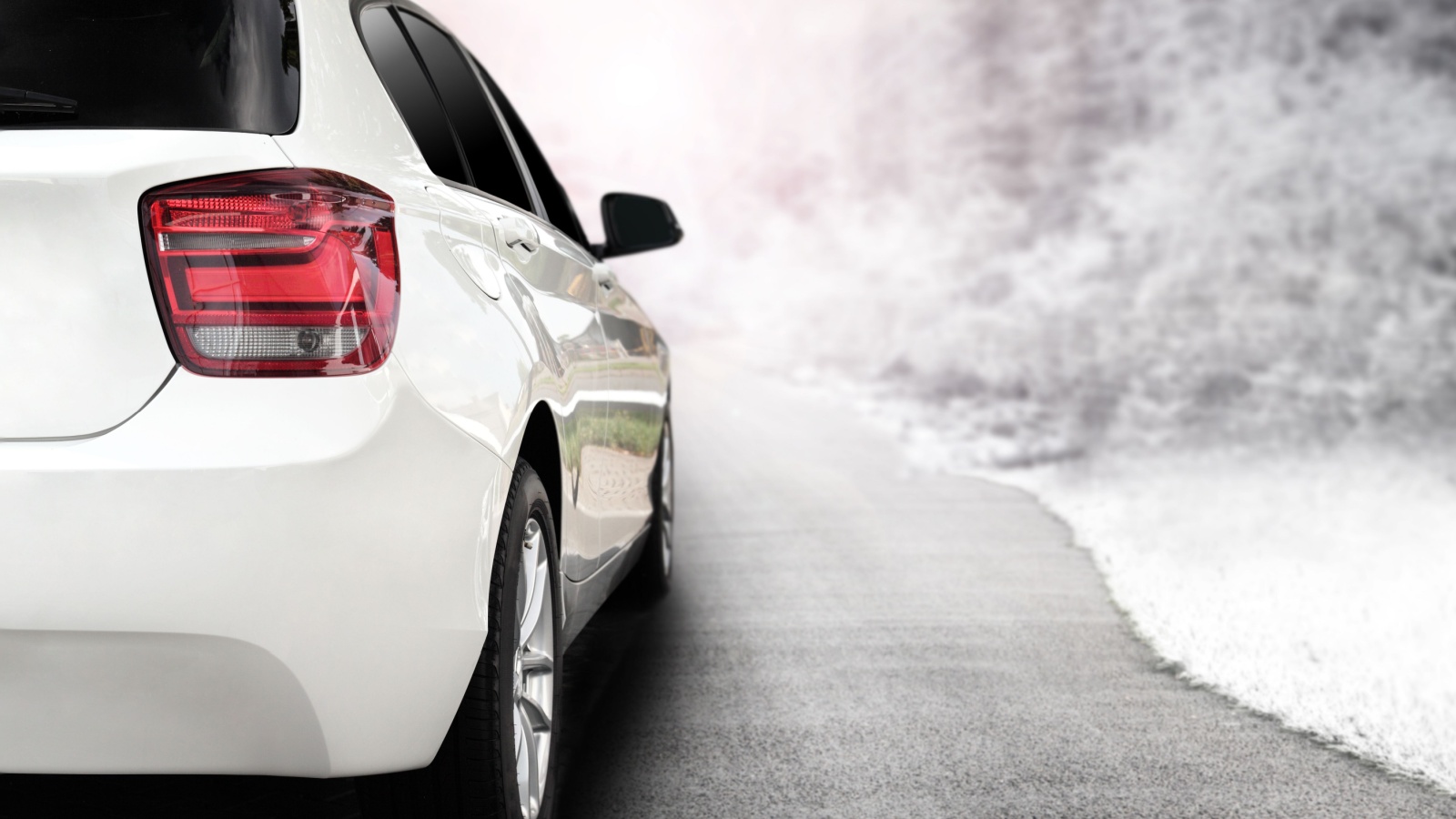
In provinces like Quebec and parts of British Columbia, winter tires are recommended and are also often legally required during certain months. Tourists renting cars often overlook this rule, assuming all-weather tires are fine. Police checks and roadside inspections can lead to fines if the car doesn’t meet requirements, and even if you’re driving a rental, responsibility can fall on the driver. Beyond legal issues, ignoring the law creates serious safety risks on icy Canadian roads. Many tourists only discover this rule after being pulled over, turning their trip into an expensive and stressful lesson in road safety.
Not Carrying Proper ID for Alcohol Purchases
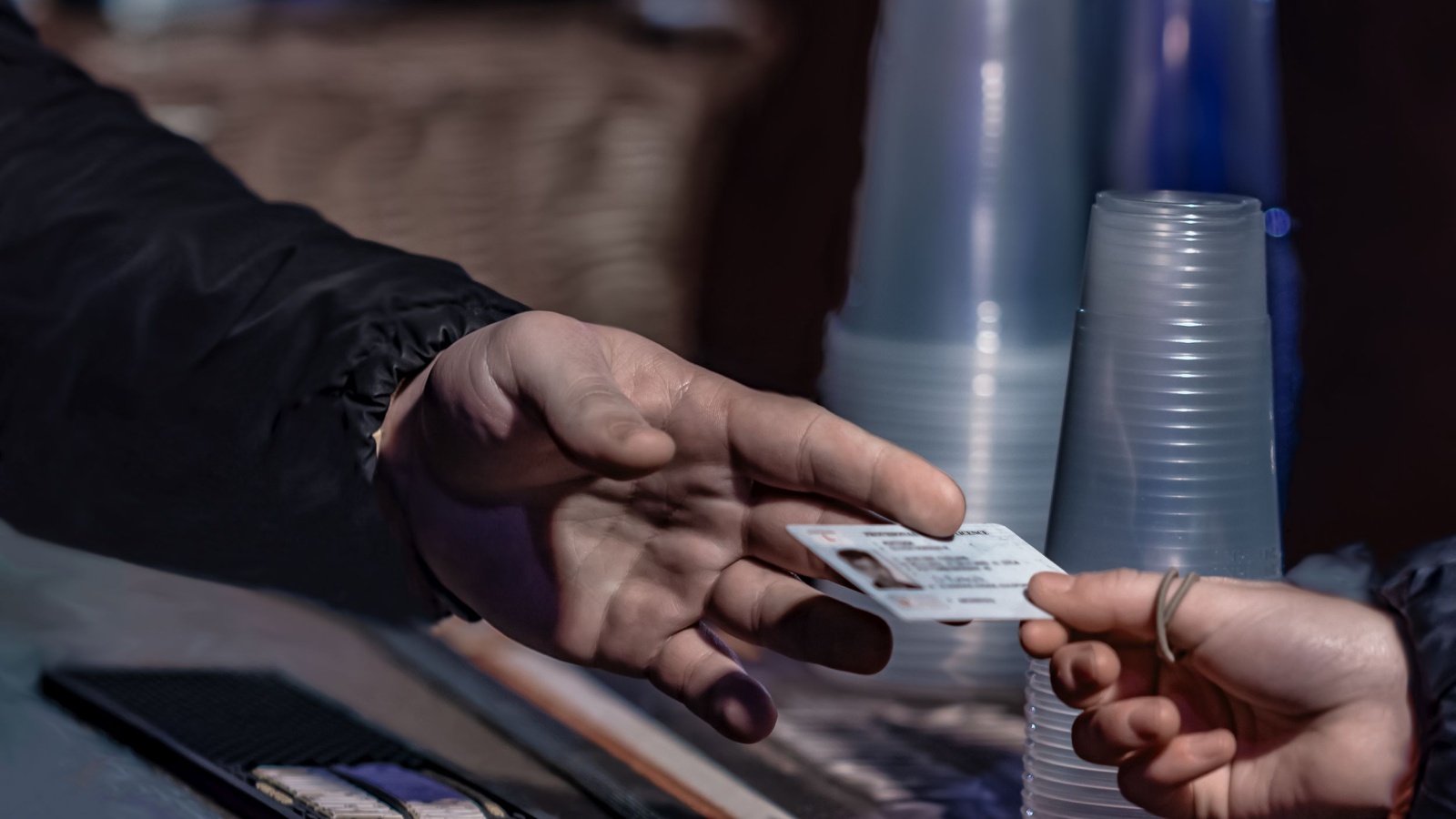
Canada takes age verification very seriously, and tourists often stumble here. Even if you look well over 19, which is the legal drinking age in most provinces, you can be refused service or fined for not having a proper government-issued ID. Photocopies, student cards, or foreign documents without a birthdate often aren’t accepted. In places like Ontario and Alberta, liquor stores can be strict, leaving travelers surprised when they can’t buy a bottle of wine for dinner. For tourists, forgetting to carry a passport or driver’s license can turn a simple purchase into a frustrating ordeal.
Texting While Driving

Distracted driving laws are strictly enforced across Canada, and tourists often underestimate how serious they are. Using a phone, even at a red light, can result in fines up to several hundred dollars and demerit points on your license. Hands-free devices are the only legal option, but even fumbling with navigation can be considered a violation. Tourists unfamiliar with Canadian enforcement sometimes think a quick text is harmless, only to be pulled over moments later. Unlike in some countries, Canada’s distracted driving laws don’t leave much wiggle room, making it best to keep your phone down.
Crossing the Street While Distracted
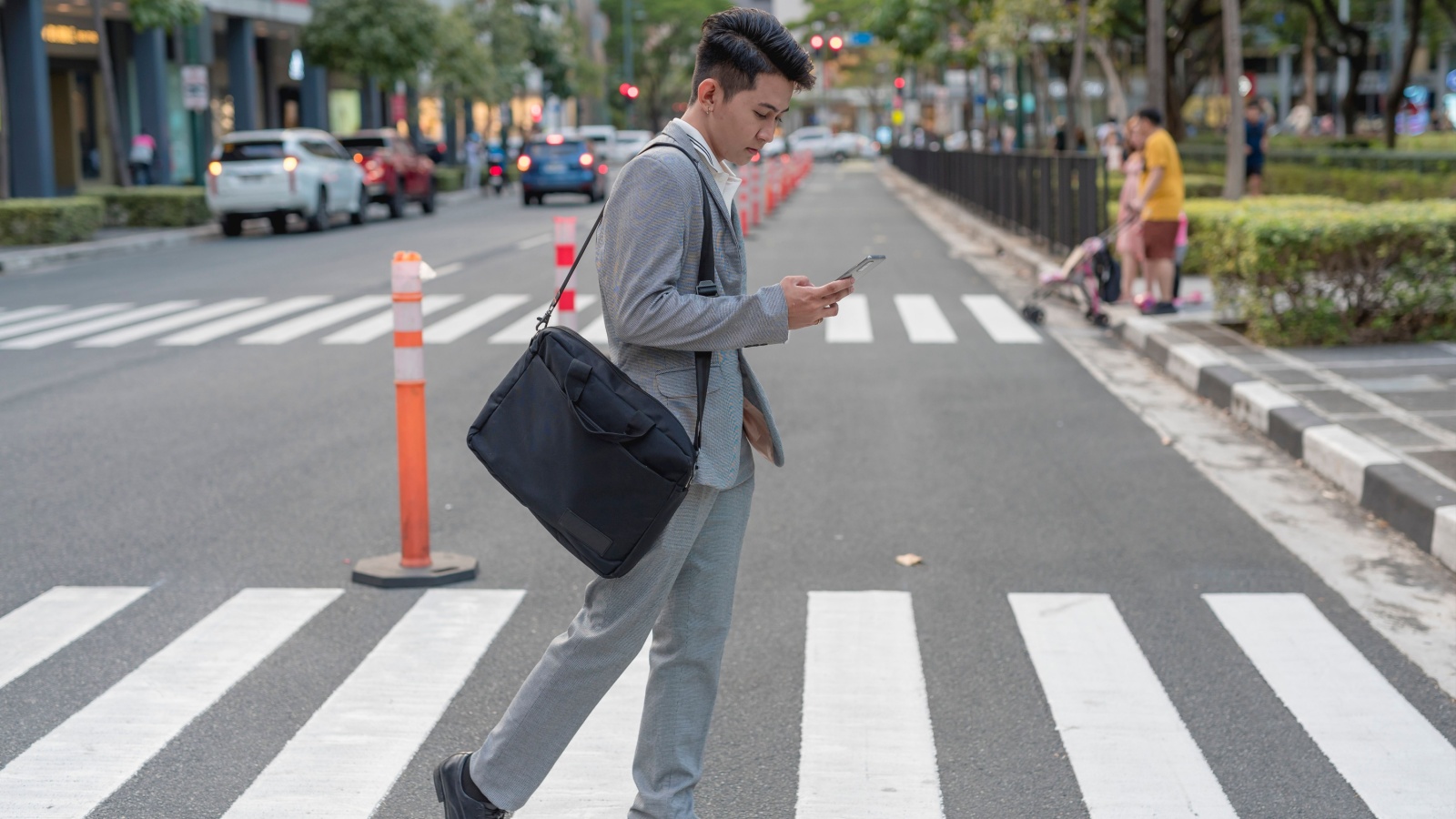
In some Canadian cities, distracted walking laws prohibit crossing the street while using your phone or wearing headphones at full volume. Tourists, glued to maps or snapping photos, often miss this rule and risk fines. The laws are designed to improve pedestrian safety, but visitors can find them excessive, especially if they come from places where such enforcement doesn’t exist. In busy hubs like Toronto, Montreal, or Vancouver, it’s easy to get caught in the moment and step off the curb distracted, without realizing you’re technically breaking the law.
Not Declaring Goods at the Border
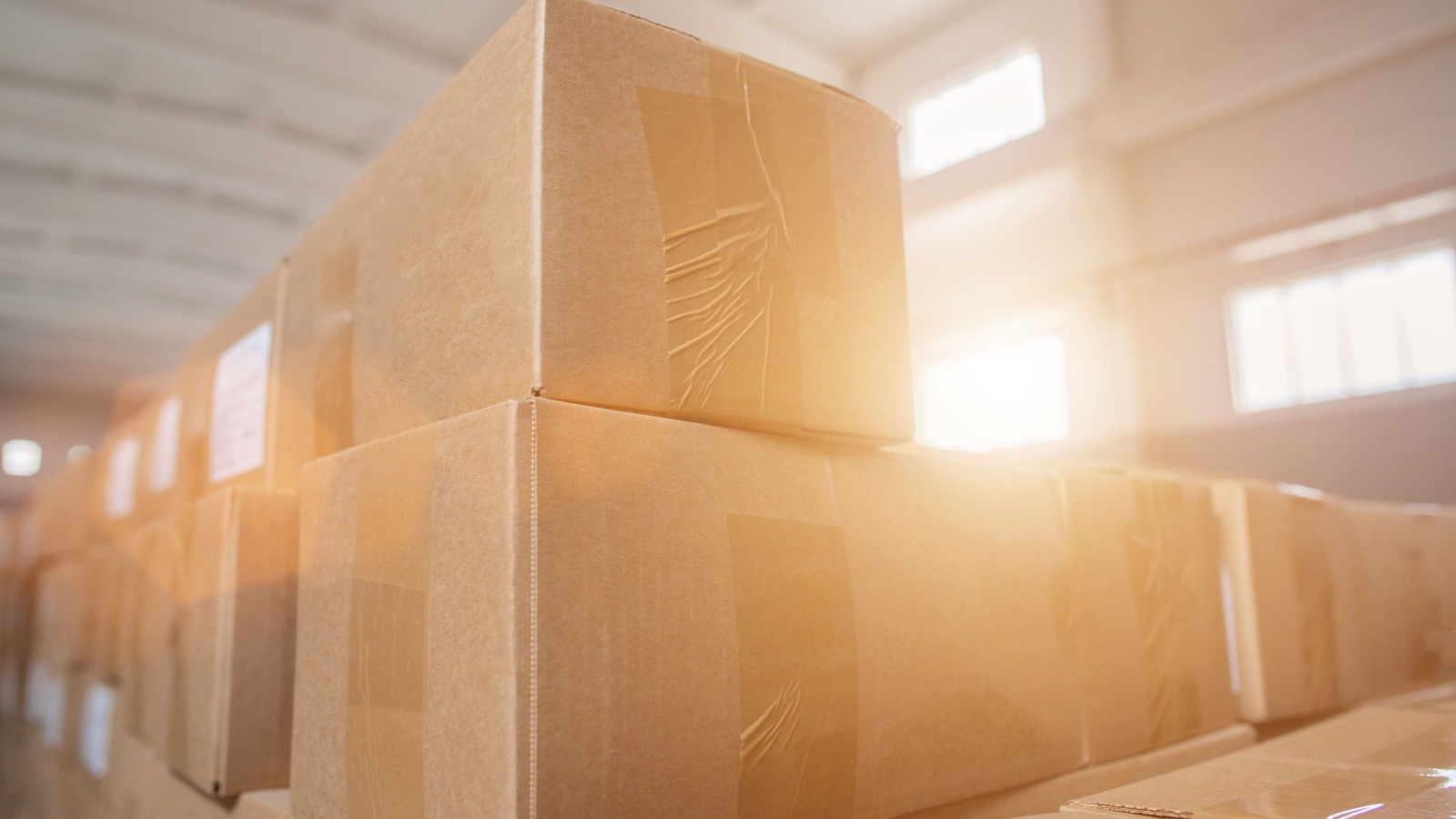
Tourists sometimes underestimate how strict Canada is about declaring items at customs. Even small amounts of food, alcohol, or gifts must be reported, and failing to do so can lead to fines or confiscation. Many visitors assume undeclared snacks or souvenirs aren’t a big deal, but border agents don’t take chances. Agricultural restrictions are especially tight, with items like fruit, meat, or plants heavily regulated. A seemingly harmless oversight, like not declaring a bottle of wine or a bag of apples, can quickly turn into a stressful and costly border crossing.
Ignoring Wildlife Distance Rules
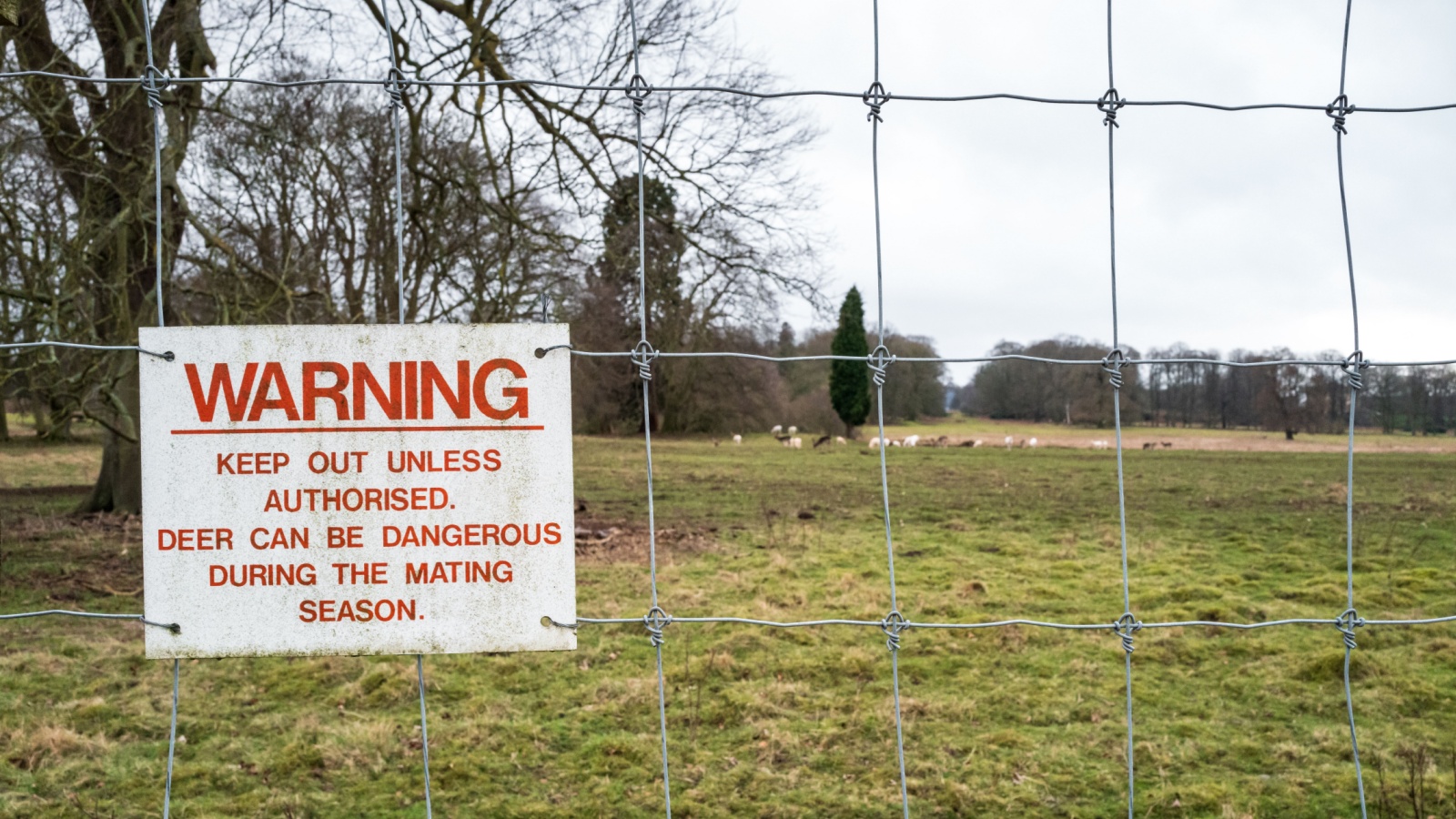
In Canada’s national parks, tourists often get into trouble by approaching wildlife too closely. Laws require keeping specific distances, often 30 meters for elk and deer, and 100 meters for bears and wolves. Many visitors eager for photos break these rules without realizing the risks, and fines can be hefty. Rangers regularly patrol popular parks like Banff and Jasper. Beyond the legal side, approaching wildlife endangers both animals and people. Tourists may think it’s harmless to snap a quick selfie with a moose nearby, but in Canada, it’s a ticket-worthy offense.
Bringing Firewood Across Borders

Tourists traveling between provinces or crossing into Canada often bring their own firewood, not realizing it’s illegal in many areas. The rule exists to prevent the spread of invasive insects and tree diseases, but visitors are rarely aware of this. Signs at provincial parks warn against it, yet many campers overlook them, and fines can apply if you’re caught transporting wood without permission. While it might feel practical to pack your own supply, Canada takes forest protection seriously. Tourists who ignore the rule often find themselves paying for what they assumed was a harmless shortcut.
Feeding Birds and Wildlife

Tossing crumbs to birds or food scraps to animals might seem innocent, but in Canada, it’s often against the law. Feeding wildlife alters their behavior and creates safety risks, so fines can apply in parks, cities, and waterfront areas. Tourists often get caught feeding ducks, squirrels, or even seagulls, thinking it’s a kind gesture. In places like Banff or Stanley Park, signs clearly forbid it, but many visitors overlook them. A handful of popcorn for a chipmunk may seem cute, but it can easily turn into a ticket and a lecture from park officials.
Crossing Provincial Borders With Alcohol

Tourists exploring Canada sometimes buy alcohol in one province and carry it into another, not realizing there are legal limits. Each province regulates the amount of alcohol that can be transported across its borders, and exceeding this limit can result in fines or confiscation. The rules date back decades but are still enforced, especially on large quantities. Visitors stocking up on wine in British Columbia or beer in Quebec often forget the restrictions. What seems like a harmless road-trip souvenir can quickly become a legal issue if you’re caught with too much alcohol in the trunk.
Not Wearing a Life Jacket in Small Boats
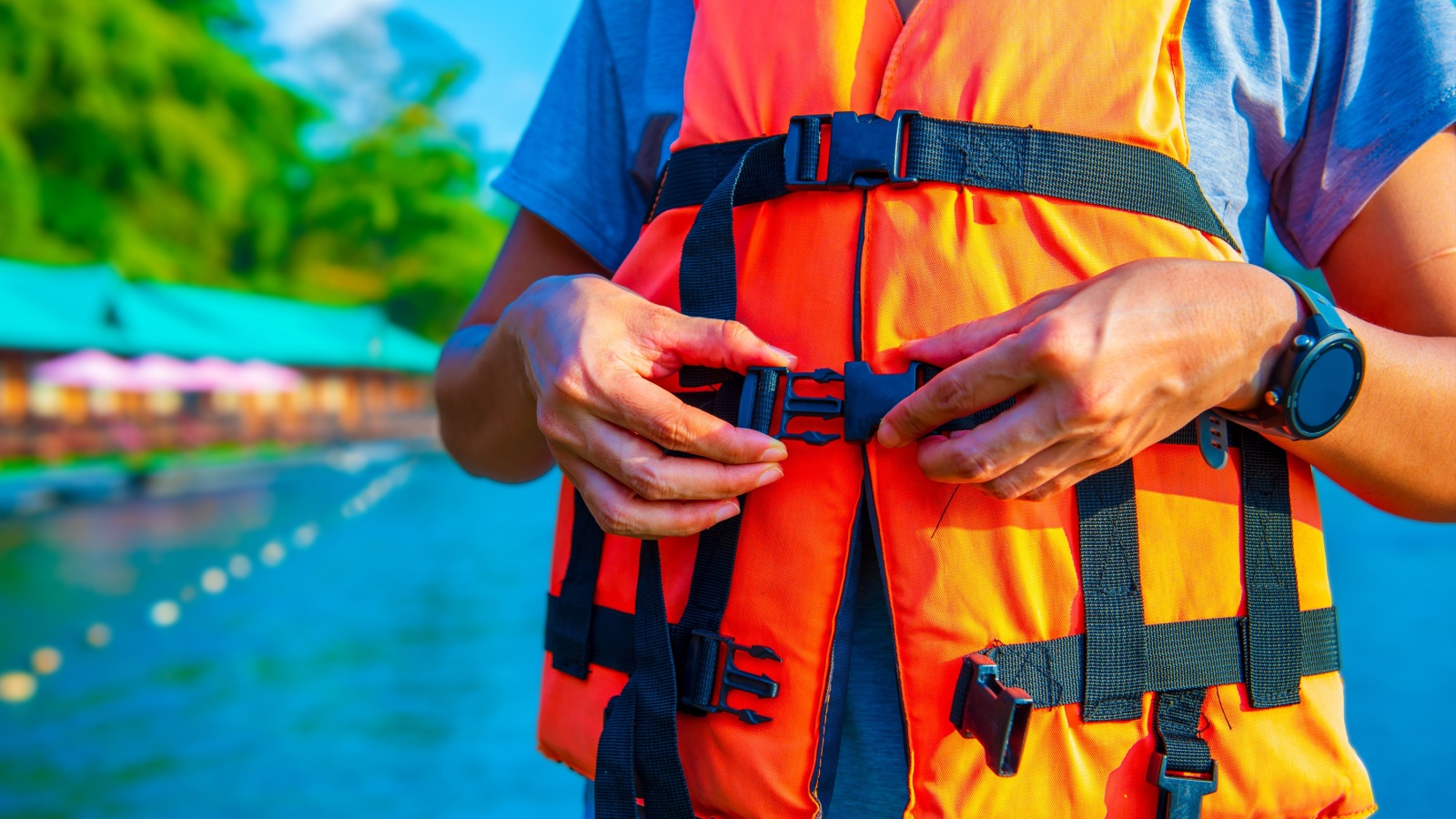
While boating in Canada, tourists sometimes forget that life jackets are recommended and are legally required to be on board, and in some provinces, wearing them is mandatory for certain watercraft. Canoes, kayaks, and paddleboats are especially regulated, but tourists often skip life jackets on calm lakes, assuming they’re unnecessary. However, fines can apply, and police do routine checks on busy waters. Beyond the legal risk, Canada’s cold lakes and rivers make life jackets essential for survival. For many visitors, this is a law they only learn after being stopped mid-paddle by enforcement officers.
21 Products Canadians Should Stockpile Before Tariffs Hit

If trade tensions escalate between Canada and the U.S., everyday essentials can suddenly disappear or skyrocket in price. Products like pantry basics and tech must-haves that depend on are deeply tied to cross-border supply chains and are likely to face various kinds of disruptions
21 Products Canadians Should Stockpile Before Tariffs Hit
